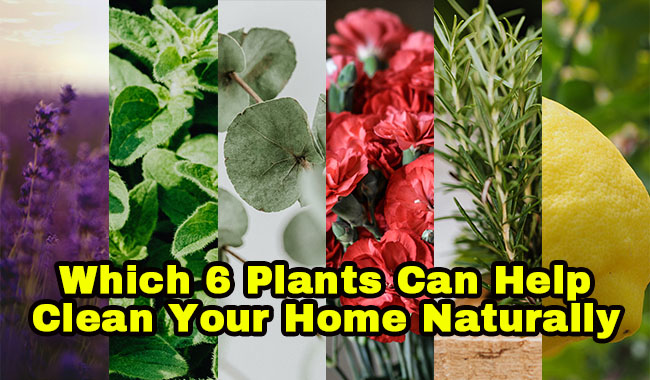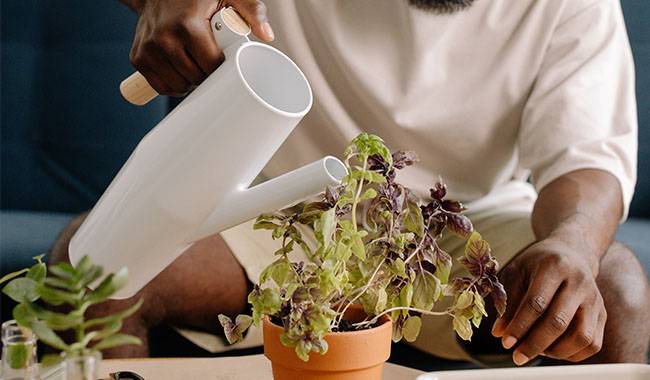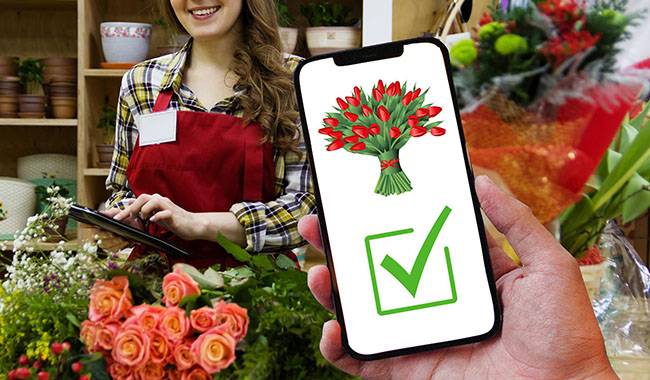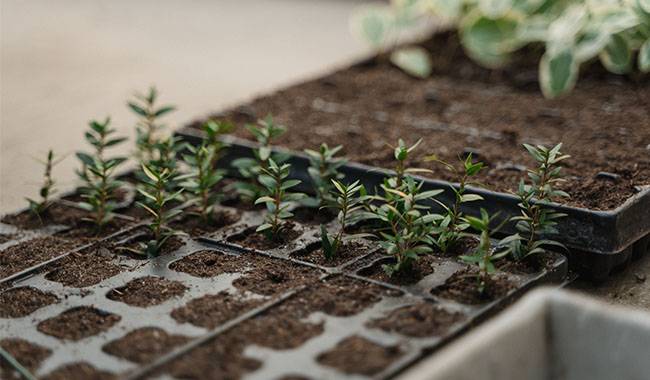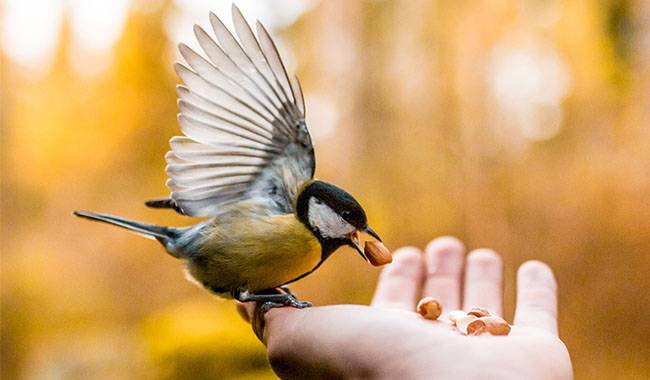
Feeding wild wintering birds in your garden or park is not only an act of charity for the birds but also a contribution to your future harvest. According to ornithologists, a single tit can save up to 10 trees from pests in a single season, and a single feeder can provide food for 50 titmice! The fact that sunflower seeds are most often dumped into feeders is known even to children. However, there are many different kitchen waste products that can also be a food source for birds. Some of the foods on our tables are ideal for birds, while others can do more harm than good. Let’s take a closer look at what you can and can’t feed your birds.
What is the Best Food to Feed Wild Birds?
Foods that are high in nutritional value and calories will give your birds a lot of energy and ensure that they build up fat reserves to help them get through the cold winter nights. This is why you should feed the birds in your garden with good quality food.
Most species of garden birds will enjoy sunflower seeds, nuts, and live or dried yellow mealworms. For convenience, you can use a ready-made mixture of good-quality birds. When doing so, choose a feeder that contains a lot of sunflower and millet seeds. Mixtures that contain a lot of unpalatable fillers, such as wheat and corn, are not very attractive to birds.
Avoid seed mixtures containing beans, peas, rice, and lentils. Only large birds can eat them in dry form, but these rarely come to feed. But ready-made bird food and sunflower seeds are not the only foods that are suitable for you to feed your birds.
By using kitchen scraps as bird food, you’re using the extra food for a good cause. You can just throw them away! Turning waste into food for the birds means you have nothing to lose. And the birds will enjoy the wide variety of food that comes back to the feeder time and time again.
Tip: Don’t forget that the basis for feeding birds should still be a special mix of sunflower seeds. If birds eat only kitchen scraps, they will not get enough nutrients to grow and refuel healthily. And poor nutrition can lead to health problems, such as obesity or misshapen feathers. To avoid harm, the amount of food scraps offered should be limited.
The Best Bird Foods for Our Dinner Table
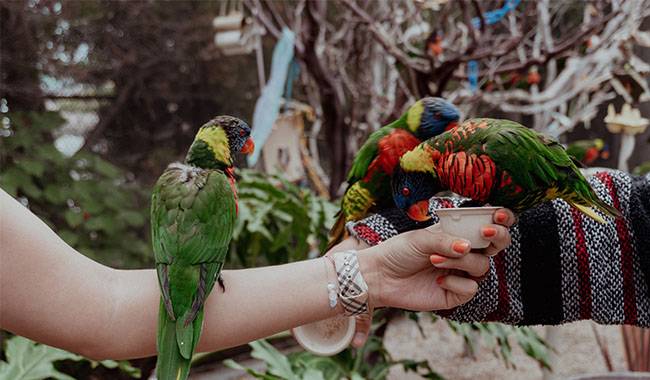
A. Seedless or seeded fruits and berries
Many fruits, berries, sultanas, fresh grapes, and even bananas and oranges can be used to feed the birds. Such threats are sure to please them. While many birds will enjoy this fruit in hot countries, those that winter with us will also have the opportunity to enjoy a vitamin supplement.
By placing chopped apples, citrus slices, banana slices, grape halves, and melon rinds in bird feeders and hanging them from tree spurs or thin branches, the birds will surely appreciate these treats. Chopped or dried fruits and berries (such as cranberries) can be strung together to form a garland that not only feeds the birds but also decorates the garden.
B. Cooked rice
Cooked brown or white rice is often left in the kitchen, and rice porridge will also delight wild birds in the garden. Some bird species, such as pigeons and turtledoves, can also eat raw brown and polished rice. However, other species are unlikely to enjoy eating it because they will find the rice grains too hard.
C. Pasta
Leftover cooked pasta can also be put into the feeder. However, the pasta should be soft and should be cut into pieces small enough for the bird to hold in its beak before serving. However, never give birds pasta flavored with fatty sauces, hot spices, or melted stringy cheese.
D. Vegetables
In the wild, birds eat many different plant foods, and sliced vegetables can be a welcome addition to their diet. Birds can be offered pumpkin, frozen green peas, or corn (thaw them before putting them in the feeder). Occasionally, birds can be offered canned slices from a mix of vegetables.
E. Cured meats
Due to its very high caloric content, lard is one of the best foods we can offer to birds at our table. It is an excellent winter food for birds! Lard is combined with various ingredients in bird food so that it can be used to attract different birds.
Foods made from seeds, nuts, seeds, and melted butter can be shaped into different shapes such as balls, bells, and rings, which will give you more bird-feeding fun. You can also cut the fat into strips or grind it up so that more birds can taste it. Note! Only unsalted lard should be used to feed birds!
F. Cooked potatoes
This may seem unbelievable, but not only humans but birds like potatoes too. You can treat your birds to leftover fried potatoes from your dinner table by offering them mashed potatoes or whole cooked potatoes. These dishes are guaranteed to be a hit with your feathered friends. However, avoid processed potatoes, such as potato chips.
G. Peanuts and various nuts
Peanuts are a high-calorie, high-fat product that attracts many wild birds, including jays, sparrows, and tits. Because nuts don’t freeze and become hard, they are ideal for winter feeding whether you offer shelled or peeled peanuts.
However, never offer peanuts with any additives or chocolate or other coatings to birds. Remember, too, that peanuts can contain high levels of naturally occurring toxins that can kill birds. Therefore, it is ideal to purchase groundnuts, which are specifically designed for feeding birds (you can find them at pet stores). Other nuts, such as almonds, walnuts, and pecans, are also attractive to birds. All nuts should be raw (not roasted).
H. Oatmeal and cereal
Oatmeal is also good for many birds. Oatmeal can be a good source of nutritious food for the birds in your garden. Especially since such food is readily available and often found in our kitchens. It is still best to feed your birds raw oats, including oatmeal, as cooked oatmeal will harden around the bird’s mouth.
I. Grains
Millet primarily attracts house finches, doves, finches, and reed warblers (if they winter in your area). However, many ornithologists do not recommend feeding millet to birds because it is nutrient-poor and oxidizes quickly in the open air, which is not good for birds. Raw millet and wheat are good for birds. Also, almost any type of grain, including buckwheat, can be used as long as it has been boiled without salt.
J. Eggs and eggshells
Hard-boiled eggs can be added to feeders because they contain many nutrients important to birds. Shredded eggshells are also useful for birds as they are an important source of calcium for a variety of birds and are good for digestion.
K. pumpkin seeds
We often leave a whole mountain of seeds when we carve pumpkins, so why not make them available to birds? Pumpkin seeds are very nutritious for birds, especially in the fall when they need more energy for migration, coat change, and accumulate fat to ward off the cold. Pumpkin seeds are high in carbohydrates and fats. They are a good source of protein, various trace elements, and nutrients that are essential for a complete diet for wild birds.
Raw seeds fresh from the pumpkin can be poured into the feeder immediately or can be dried beforehand. There is no need to crush the seeds; birds can do this themselves by tearing off a piece of the skin and taking out the flesh.
What Should Not Be Fed to Birds?
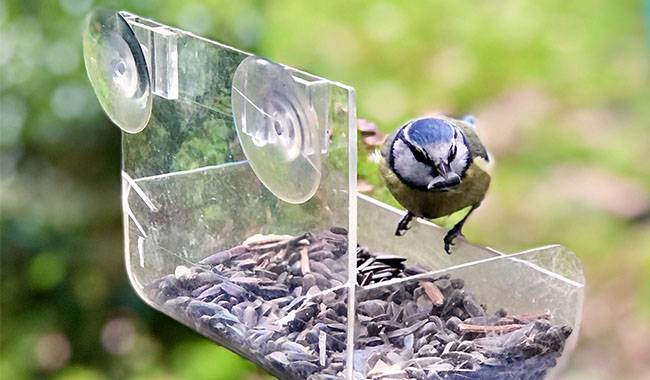
A. Kernels or seeds of fruit crops
As mentioned above, most fruits are suitable for feeding birds, but it is important to avoid fruits with seeds or kernels. If you are going to feed apples, pears, apricots, peaches, nectarines, or plums to birds in your garden, be sure to completely remove all seeds or seeds beforehand. The seeds and kernels of these crops contain a toxic compound called cyanide, but fruit without seeds is completely safe for birds.
B. Dairy products
A bird’s digestive system is not designed to properly digest milk. Consuming dairy products can cause stomach upset or even more serious health problems in birds, so never put a dish of milk in the feeder.
C. Bread
Although bread is in principle harmless to birds, it is best not to feed baked goods in large quantities. Not only do they have very little nutritional value, but they can also ferment in the bird’s digestive system. This can lead to digestive problems and even include the death of the bird.
A small amount of dry bread crumbs is not bad for birds. However, it is best to use whole wheat or white bread and it should not contain any flavoring or sweetening additives. Moldy bread should never be offered to birds!
D. Chocolate
Just like us, birds will find it difficult to resist chocolate or products containing chocolate. However, even in very small quantities, chocolate can be toxic to birds. This is because chocolate contains theobromine and caffeine, which can cause vomiting, diarrhea, and increased heart rate in birds, leading to hyperactivity, seizures, and sometimes death.
E. Salt
Salt is an important mineral for many birds. But just as too much salt is bad for humans, it is bad for birds. And even just a little salt can be potentially toxic to small birds. For example, just one slice of salty bread or cracker can disrupt the water-electrolyte balance in a small bird’s body. This can lead to extreme thirst, dehydration, kidney failure, and eventual death for the bird.
F. Onions and garlic
Many people may believe that onions and garlic, like other vegetables, are good for birds. However, whether raw or heat-treated, they are toxic to many animals and birds. Onions contain sulfur compounds that can irritate the mucous membranes of the mouth and esophagus of birds, causing ulcers. Garlic, on the other hand, contains allicin, another chemical that triggers anemia and weakness in birds. Therefore, if it is spicy food, it is best to treat your bird with a small piece of pepper rich in vitamin A.
G. Raw meat
Many birds are carnivores but don’t offer them raw meat in any form, including ground meat or meat offal. In fact, these products spoil quickly and can harbor very dangerous bacteria on them that can kill birds. Meat foods can also attract unwanted visitors to the garden such as mice.
H. Snacks
Bread and breadcrumbs, any crisps and crackers, cookies, cornflakes, gingerbread, popcorn, or air rice are all toxic to birds and should never be used to feed them.

